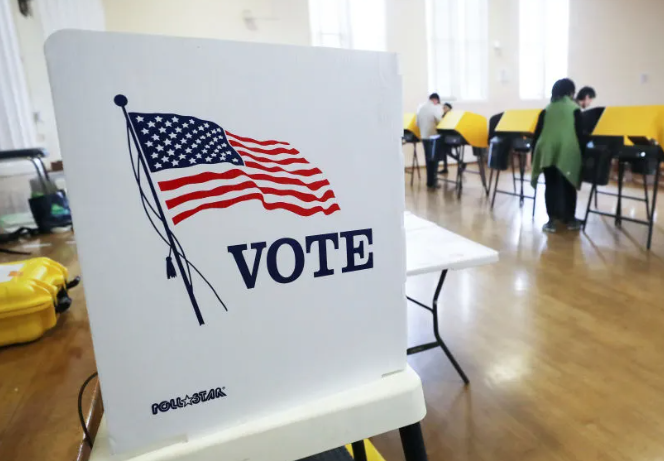Steve Garvey, a former Major League Baseball player, has secured the Republican nomination for the California Senate seat following Super Tuesday. He is set to compete against Representative Adam Schiff to succeed the late Senator Dianne Feinstein (D-CA), who passed away last year.
Hailing from Florida, Garvey had a noteworthy career in Major League Baseball spanning from 1969 to 1987, notably playing first base for the Los Angeles Dodgers and the San Diego Padres. Despite lacking political experience, he remains a familiar figure in California, especially among those who followed his baseball tenure. Garvey has leveraged his baseball background to connect with the public, emphasizing that during his MLB years, he represented all fans, irrespective of political affiliations.
Following his victory in the primary on Super Tuesday, Garvey likened the sensation to hitting a walk-off home run and clinching the Most Valuable Player award in the National League Championship Series, an accomplishment he achieved in 1984 during his tenure with the Padres.
Garvey’s public campaigning efforts have been relatively limited, with notable exceptions including a visit to the Salton Sea to address environmental issues in the region and a trip to the southern border with Mexico in December. Additionally, in January, he demonstrated his support for Israel by engaging in discussions with Jewish leaders from the Bay Area.
Ironically, Garvey’s visibility received a significant boost from his opponent, Schiff, who allocated over $11 million towards ads targeting Garvey. These ads emphasized Garvey’s support for Trump in both the 2016 and 2020 elections. This strategy was motivated by a unique aspect of California’s voting system, where the top two candidates, irrespective of party affiliation, progress to the general election.
In his competition against two other Democrats, Schiff aimed to sway the outcome in favor of Garvey, preferring a Republican challenger in the general election over another Democrat. Schiff’s strategy relies on California’s predominantly Democratic landscape, as Republicans haven’t secured a Senate seat in the state for 35 years. Voter registration data indicates that Republicans constitute only a quarter of California’s electorate.




